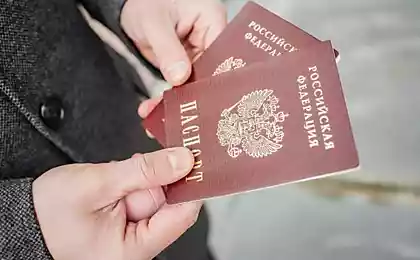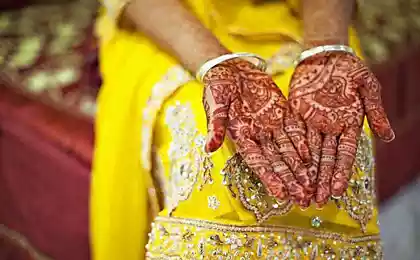218
What makes women change their maiden name?
Taking her husband’s name after marriage is a tradition that even feminists follow. It would seem that we observe this custom since patriarchal times, but in fact there are more reasons to take the husband’s surname than we think. Changing your name is a personal matter for every woman. And yet it's very interesting, why is this tradition still flourishing in an era of gender equality?
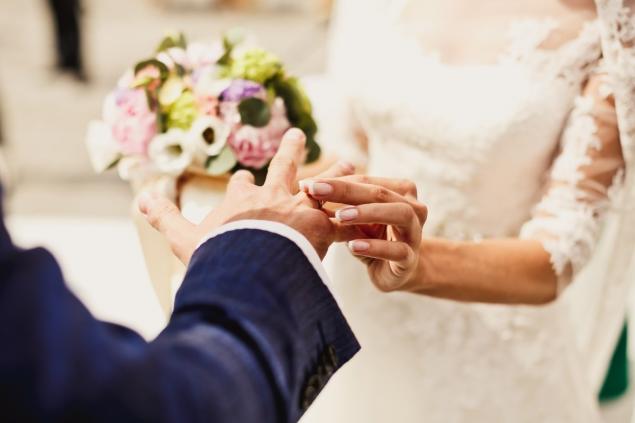
Previously, it was believed that the bride is obliged to take the surname of her husband, as she passed into his family. With the rise of the feminist movement, women around the world began to abandon this order of things. Taking your spouse’s name means that you agree that he is the head of the family. Only a modern family is not necessarily a working man and a female housewife. It could be the opposite. Then what's the point of changing your name?
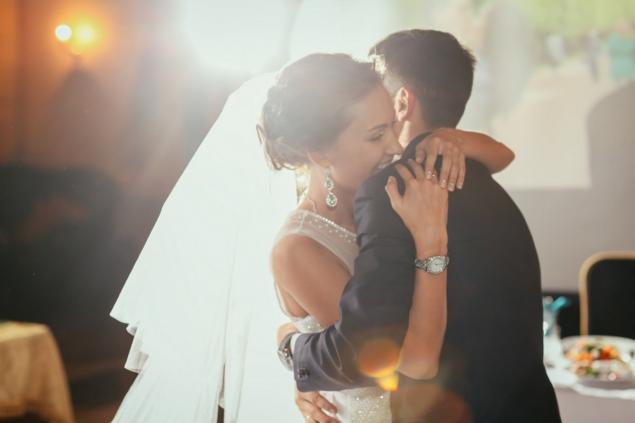
Sometimes women adhere to traditions because it is convenient. For example, we do not choose the maiden name, but the husband's surname can be much more sonorous. In addition, scientists have found that changing the surname of brides pushes their worldview.

First, they are convinced that the proposal of the hand and heart should make a man. This creates a sense of “perfect family.” One surname unites spouses and their children into a separate integral unit of society.

Many women consider it romantic that they and their spouse will share the same surname, then they will have children and, of course, will inherit their father’s surname. The grooms admit that they are pleased that the wife agrees to take his name. Many husbands are very offended if the bride wants to keep her name. This can cause conflicts with the spouse’s family.
695211
But there are also couples in which women flatly refuse to change their surname. Then the loving grooms agree to a double surname, and sometimes they themselves take the surname of the wife. Unusual, but very romantic.
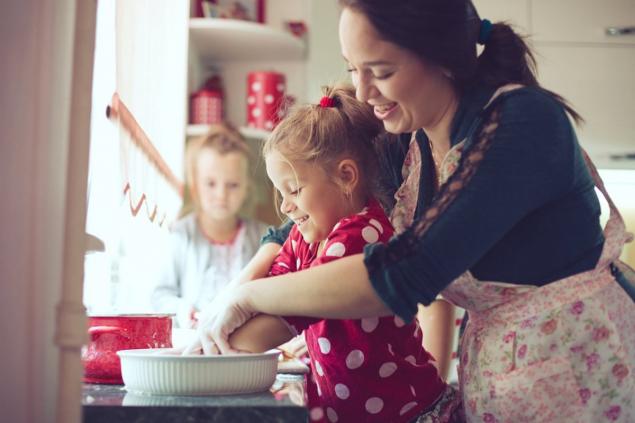
The way society treats your choices and behavior leaves an imprint on our mood and self-perception. Dependence on the opinions of others leaves no choice for women. Some people obey traditions because it is easier for others to perceive spouses with the same surname as one whole. For example, when making vouchers, otherwise there may be confusion. The situation is aggravated when a child grows up in the family and does not understand why mom and dad have different surnames.
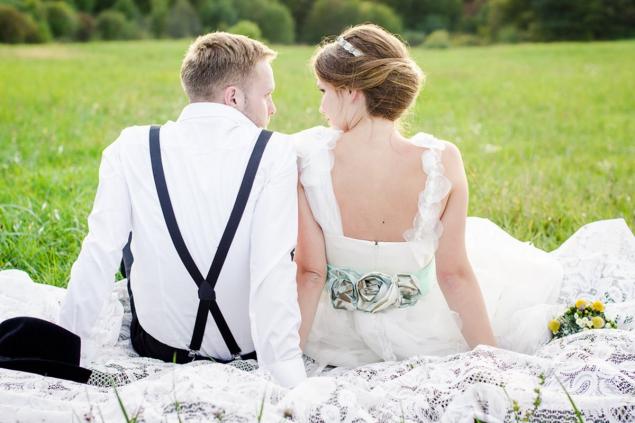
Mostly, women refuse to change their surname when they get married in middle age: “It is inconvenient to redo all the documents for property, it is not only the passport you need to change,” and other arguments of this kind can be found on women’s forums. The question of name change has been raised more and more. What do you think about that?

Previously, it was believed that the bride is obliged to take the surname of her husband, as she passed into his family. With the rise of the feminist movement, women around the world began to abandon this order of things. Taking your spouse’s name means that you agree that he is the head of the family. Only a modern family is not necessarily a working man and a female housewife. It could be the opposite. Then what's the point of changing your name?

Sometimes women adhere to traditions because it is convenient. For example, we do not choose the maiden name, but the husband's surname can be much more sonorous. In addition, scientists have found that changing the surname of brides pushes their worldview.

First, they are convinced that the proposal of the hand and heart should make a man. This creates a sense of “perfect family.” One surname unites spouses and their children into a separate integral unit of society.

Many women consider it romantic that they and their spouse will share the same surname, then they will have children and, of course, will inherit their father’s surname. The grooms admit that they are pleased that the wife agrees to take his name. Many husbands are very offended if the bride wants to keep her name. This can cause conflicts with the spouse’s family.
695211
But there are also couples in which women flatly refuse to change their surname. Then the loving grooms agree to a double surname, and sometimes they themselves take the surname of the wife. Unusual, but very romantic.

The way society treats your choices and behavior leaves an imprint on our mood and self-perception. Dependence on the opinions of others leaves no choice for women. Some people obey traditions because it is easier for others to perceive spouses with the same surname as one whole. For example, when making vouchers, otherwise there may be confusion. The situation is aggravated when a child grows up in the family and does not understand why mom and dad have different surnames.

Mostly, women refuse to change their surname when they get married in middle age: “It is inconvenient to redo all the documents for property, it is not only the passport you need to change,” and other arguments of this kind can be found on women’s forums. The question of name change has been raised more and more. What do you think about that?
How to explain to your always complaining friend that no one owes her anything
A simple test for longevity, which for the kindness of the heart told the doctor’s wife
